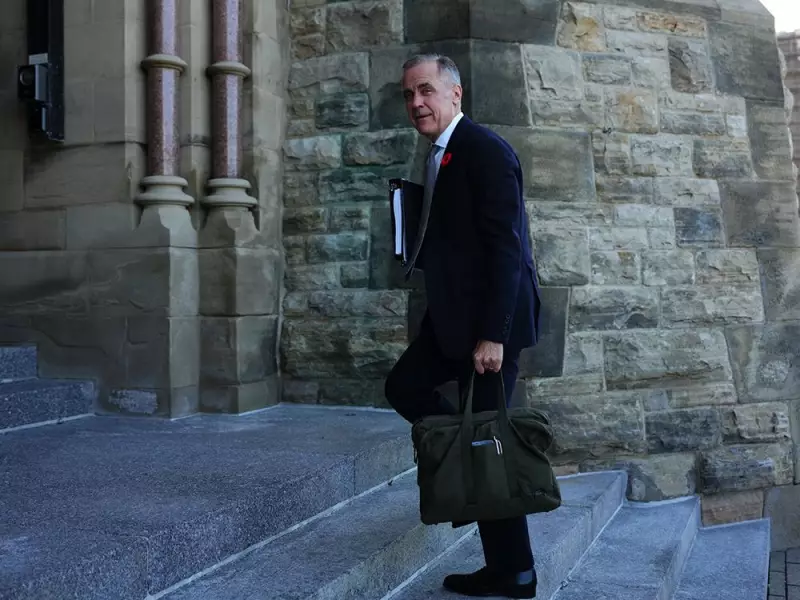
Canada is facing an unprecedented fiscal challenge as former Bank of Canada governor Mark Carney oversees what experts are calling the largest non-pandemic deficit in the nation's history. The staggering $80 billion shortfall has sent shockwaves through economic circles and raised serious questions about the country's financial direction.
The Numbers Behind the Crisis
The current deficit projection represents a dramatic departure from traditional fiscal management. Unlike pandemic-era spending that was largely defensive and temporary, this massive shortfall comes during relatively stable economic conditions, making it particularly concerning for economists and policymakers alike.
What makes this situation even more alarming is that the deficit approaches levels typically seen only during global emergencies or wartime. The scale of red ink has many wondering how Canada will manage its financial obligations without triggering inflationary pressures or damaging the country's credit rating.
Carney's Controversial Fiscal Approach
Mark Carney, once celebrated for his steady hand at the Bank of Canada and later as Governor of the Bank of England, now finds himself at the center of a heated debate about fiscal responsibility. His approach to government spending has drawn both praise and criticism from across the political spectrum.
Supporters argue that strategic investments in key sectors are necessary for long-term growth, while critics point to the dangerous precedent being set for future governments. The central question remains: can this level of spending be sustained without compromising Canada's economic stability?
Broader Economic Implications
The record-breaking deficit comes at a delicate time for the Canadian economy. With global uncertainty, fluctuating commodity prices, and ongoing trade challenges, the massive shortfall could limit the government's ability to respond to future crises.
Economists are particularly concerned about several key areas:
- Interest payments on the growing national debt
- Inflationary pressures from continued stimulus spending
- Reduced fiscal flexibility for future emergencies
- Potential tax increases to cover the shortfall
Political Fallout and Public Reaction
The revelation of this massive deficit has ignited fierce political debate in Ottawa. Opposition parties are calling for greater transparency and fiscal restraint, while the government defends its spending as necessary for economic growth and social programs.
Canadian taxpayers are left wondering how this will affect their daily lives, from potential service cuts to future tax burdens. The situation has become a lightning rod for broader discussions about the role of government and the limits of deficit spending in a modern economy.
Looking Ahead: What's Next for Canada's Finances?
As Canada navigates this challenging fiscal landscape, all eyes will be on how the government plans to address the growing deficit. The coming months will be critical for determining whether this spending represents strategic investment or fiscal irresponsibility that could haunt the Canadian economy for years to come.
The $80 billion question remains: can Canada chart a course back to fiscal stability without sacrificing economic growth or social progress? The answer may define Mark Carney's legacy and shape the country's financial future for generations.





